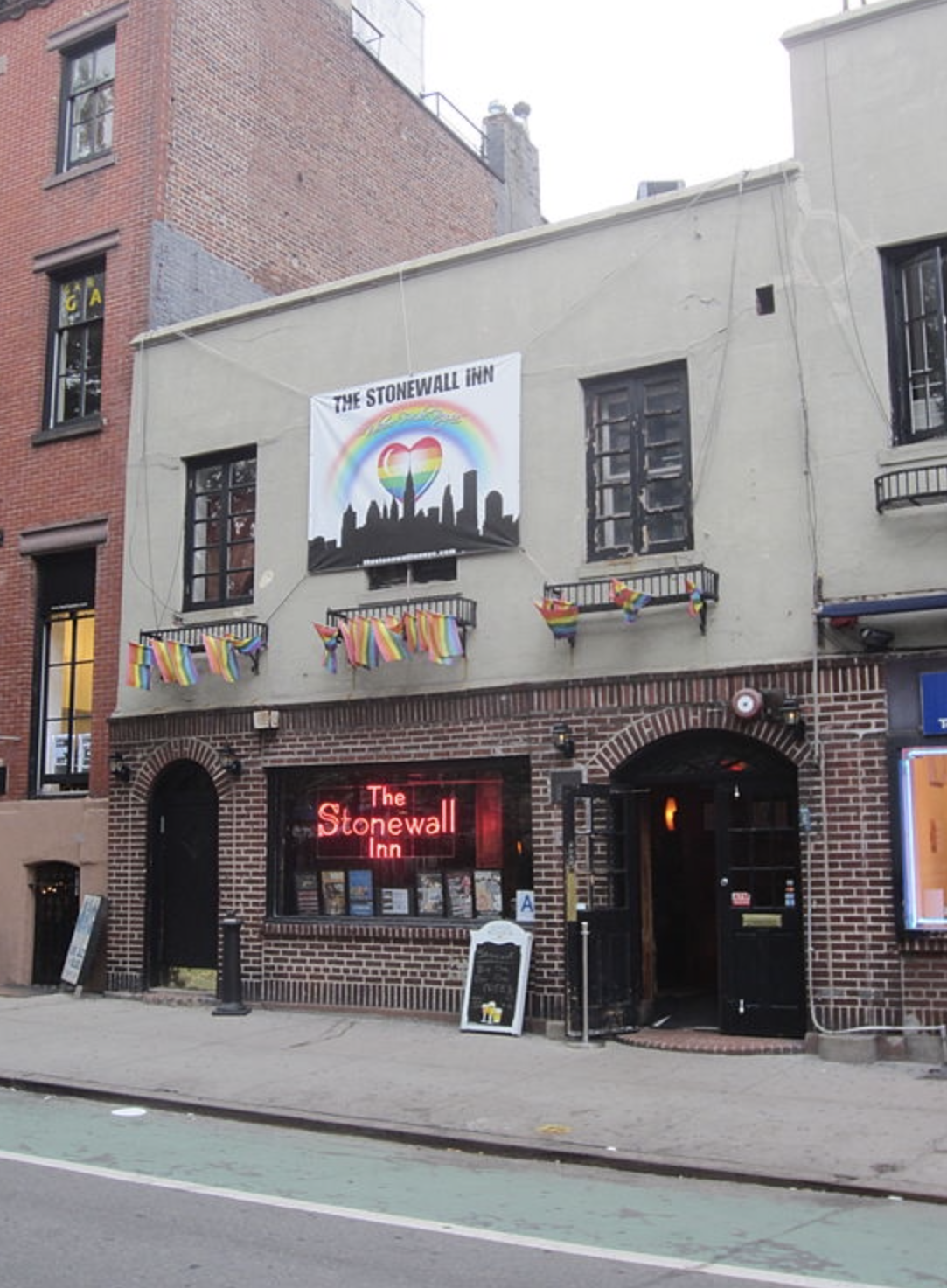The murder of Jose Torres and the rise of the Chicano Squad
On May 5, 1977, Mexican-American and Vietnam War veteran Jose Campos Torres, 23, was arrested for disorderly conduct. The police took Torres to “the hole,” an area behind a warehouse near Buffalo Bayou, instead of taking him to the city jail. Torres' body was found a few days later, prompting the Houston Police Department to form an all-Latino homicide unit, the Chicano Squad.
In “the hole,” six police officers beat Torres for hours before they decided to take him to the police station. At the police station, officials refused to process Torres because of his bloody injuries. Officials ordered that Torres be taken to a hospital, but instead, the six police officers drove him back to “the hole,” where they proceeded to beat him until he was pushed and fell 20 feet into the Buffalo Bayou. Three days later, the body of Jose Campos Torres was found.
Witnesses reported hearing a struggle followed by a splash. Carless Elliot, one of the officers at the scene that night, recalled the last words that one of the officers spoke to Torres before he fell: “Let’s see if this wetback can swim.”
Among the six police officers involved, only Steve Orlando and Terry Denson were charged with murder. The jury found the police officers guilty of negligent homicide and sentenced them to one year of probation and a $1 fine each.
The Latino community in Houston was devastated, and in protest, began pinning a dollar bill on their shirts. On May 7, 1978, a riot broke out as the crowd chanted “Justice for Jose Torres.”
The Houston Police Department responded to the Latino community by creating the Chicano Squad, the first homicide squad in the country that consisted of all-Latinos.
Jim Montero, a detective sergeant, shared his idea with Houston Police Department (HPD) chief Harry Caldwell about recruiting a group of Spanish-speaking officers to assist as translators to help solve homicide cases in the barrios.
Caldwell agreed to the idea, and in August of 1979, he began a three-month-long pilot program with five recruits: Cecil Mosqueda, U.P. Hernandez, Jose Selvera Jr., Raymond Gonzalez, and Robert Gatewood, who together became the Chicano Squad.
This unit specialized in investigating homicides in Houston’s Latino neighborhoods, where police officers were not trusted, and the language barrier made it impossible to communicate.
In the year 1979, there were a total of 664 homicides, with 163 of the victims being Latinos.
The HPD Chicano Squad was assigned the task of investigating 52 cases that experienced detectives had not been able to solve, on top of their ongoing investigations. The all-Latino detectives had ninety days to pass this test to prove that they were capable of doing the job.
The Chicano Squad faced discrimination and scrutiny in the police department and in the Latino neighborhoods. Non-Latino officers would often throw around the word “wetback” because they did not consider the five recruits respectful officers. In the Latino neighborhoods, it was hard for the community to open up and trust the Chicano Squad because they were seen as traitors.
It took years for the Chicano Squad to earn the trust of the Latino community, but over time, Latinos began to feel respected, cared for, and understood, knowing that someone on the police force spoke the same language. The five detectives made it clear that they were there to protect the Latino community not deport them.
The homicide unit was often called to see up to five homicides at cantinas in one single weekend. The detectives had limited resources and no prior training in detective work. Cecil Mosqueda went on to say, “We were confused. We were lost. But we ran with it.” The newly assigned officers adapted quickly and, at times, solved cases in the first 48 hours.
By the end of 1979, the Chicano Squad had solved 40 homicides.
During the mid-1980’s, the homicide unit expanded to thirteen officers, three sergeants, and nine investigators.
In 1997, the Chicano Squad won an award from the National Latino Peace Officers Association after solving 91 percent of the cases they were assigned.
According to Texas Monthly, the HPD Chicano Squad had a higher success rate in solving cases than any other unit in the Houston Police Department.
The Chicano Squad podcast host, Cristela Alonzo, sees the forming of the Chicano Squad as proof that reform is possible, even though it may at times be hard to maintain. Alonzo, continued saying, “When Black and Latino communities are asking for change, some people treat it like an impossibility. But the Chicano Squad moved mountains with the little resources they had. We can change these systems. It’s possible.”
In 2010, the Chicano Squad was disbanded because the Houston Police Department had an increasingly diverse workforce that included a higher rate of Spanish-speaking officers.







